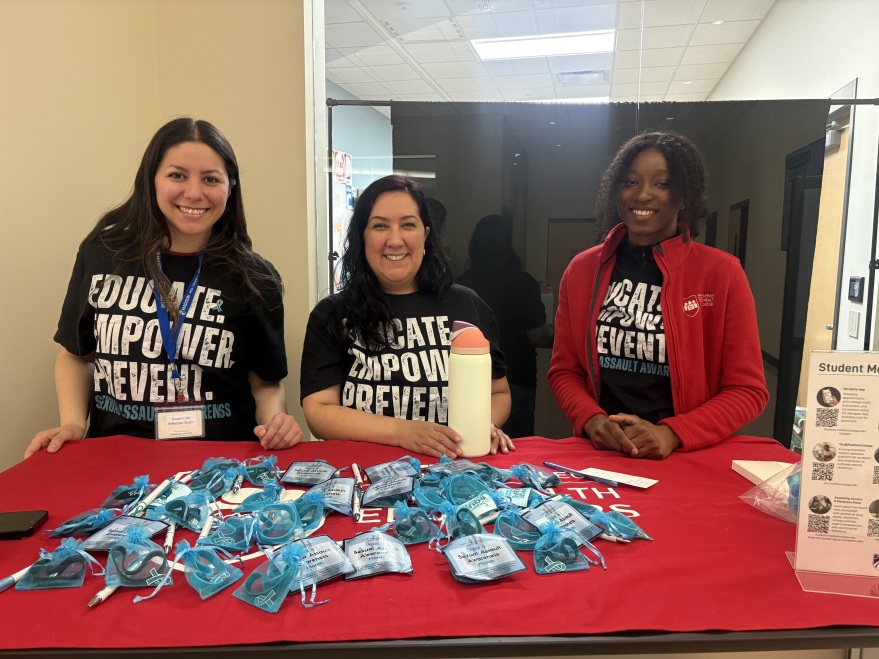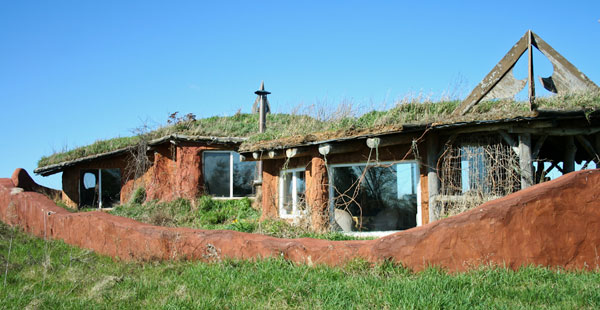The heavy pickup truck grunted and struggled up the steep, knotted hill. As I wound around the grassy slope, I caught my first glimpse of Harvey. Over his garden wall, I could see him pumping water into an old five-gallon bucket. The afternoon sun gave a golden tinge to the series of small, low, buildings on his land, and I was enchanted as I stepped out to meet this mystery of a man.
Born in 1946 on a dairy farm in Monroe, Harvey Baumgartner quickly fell in love with the countryside. His adult life, however, would take him far from the peace and serenity of small-town Wisconsin. Harvey studied electronics at Madison College in the mid-1960s, graduating in 1966. The industry was booming at the time, and he quickly found a job in his field. After a few short years he was drafted into the army.
After his service was over, he found that electronics had completely changed. He took the changes as a catalyst, and decided to change his career, spending years working a variety of jobs that included construction work and employment through the U.S. Forest Service.
In 2002, After starting a dairy farm and ultimately failing, Harvey was forced to re-evaluate his life. He was left with nothing but a small hay-field outside of Hillsboro, Wis. Sitting in that field on a cool, autumn day, Harvey realized that he needed a radical change. He decided to build a house from natural and found material, abandoning electricity and plumbing in an effort to reconnect with the earth.
In a compilation of his journal entries, “Dancing in the Dew: A new way of living on Planet Earth,” Harvey describes struggling through his first harsh winter in the wild. After laying only a few feet of wall, he writes, “The clouds have a personality, dark and foreboding, with light tops, dark bellies, and blue-black middles coming in from the northwest. A northwest wind is a sure sign of cold weather in this country. Time is not in my favor this late in the year.”
Harvey persevered, though, and soon he had created warm and stable shelter. His home is surprisingly sophisticated. A warm, clay floor sealed with oil looks just like a tile floor. The walls, covered in a mixture of mud and grass, create a stucco finish that’s imitated today in the suburbs. His ceiling is framed with pine logs that give a cozy feel to the spacious dining area, and the room is lined with seemingly brand-new windows that were claimed from a local landfill.
As the years passed, Harvey adopted a different rhythm of life. He learned to live in-tune with mother nature, taking opportunities as they presented themselves. Doors and windows found at a landfill inspired a greenhouse. Abandoned pine logs became a sauna, and when Harvey found a wagon frame he started to build a wagon.
In this way, Harvey embraced living spontaneously, “When the time is right, the time is right. You know. If you let the synchronistic things happen in your life it just feels so much better and flows so much easier, and life’s so much more interesting.”
Far from the bustle of the city, silently going about his work on a breezy hilltop, Harvey might seem lonely. It’s obvious, though, from his peaceful, contented demeanor and from his many projects, that Harvey is the farthest thing from isolated.
“For years I looked for my tribe. I tried to find my community,” Harvey explained. “My community is out here, and we try to interact somehow every day.”
Aside from fellow farmers in the area, Harvey has Jack and Jim – two very friendly mules – as well as a beautiful horse named Lady. Sadie, his affectionate, fluffy dog is always nearby. Chickens and goats clamor for attention, and provide him with eggs and milk. “I’ve got all these animals around me all the time, and they’re always wanting something or needing some kind of attention.”
Harv continues, “It would be nice to have a companion. I don’t say that I wouldn’t like that. I just don’t really feel lonely. I’m not one of those kinds of people.”
As I said goodbye to Harvey, and rode back down the road, I tried to grasp the importance of Harvey’s message. The Madison College graduate is a living example that a simple life is still attainable in a very modern and complex era. His goal is to show that we don’t need 30-year mortgages, and that a simple life can be a happy life.
“I wanted to see if I could create and show people a way to do it without going into this mega-mansion debt thing, because that’s probably the scariest thing for young people. They want to go out, but they don’t want to sign away their life for a piece of land.” He insisted, “Get out of that box. Get out of that machine, because they’re sucking your energy.”



























